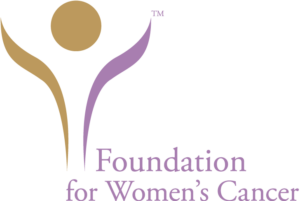
Raising Awareness to Address the Rising Incidence of Gynecologic Cancers

Ginger J. Gardner, MD, FACOG, discussed the state of gynecologic cancers and her role in empowering research, education, and awareness surrounding them.
CancerNetwork® spoke with Ginger J. Gardner, MD, FACOG, physician lead in the Gynecology Disease Management Team Alliance and vice chair of Hospital Operations in the Department of Surgery at Memorial Sloan Kettering Cancer Center and chair of the board for the Foundation for Women’s Cancer, about her passion advocating for the empowerment of research, education, and awareness of gynecologic cancers.
Gardner began by briefly outlining the state of gynecologic cancers in the United States and globally, highlighting that some are on the rise. She subsequently posed questions about pertinent problems related to raising awareness, empowering research, and promoting discourse of gynecologic cancers to highlight their importance. She concluded by tying the discussion back to her own contributions to addressing gynecologic cancers, which include her role as a gynecologic oncologist and the chair of the Foundation for Women’s Cancer.
Transcript:
Gynecologic cancers are, in some situations, on the rise in the [United States]. The reality is that every 5 minutes, another patient in this country is diagnosed with one of the 5 gynecologic cancers. We are talking about uterine cancer, ovarian cancer, cervical cancer, vaginal cancer, and vulvar cancer. That totals approximately 115,000 new patients each year, and 1 million worldwide.
This is an important topic for all of us to talk about. Where are we in terms of raising awareness about the 5 gynecologic cancers, where can we empower research and support funding to create new solutions for the disease prevention and treatment of the gynecologic cancers, and how do we really promote everyday conversation about gynecologic cancers across all physicians, allied health members, patients, and communities?
The reason is in the numbers. As a gynecologic oncologist, I am certainly a bit of a biased audience. This is important; I have certainly dedicated my work with patients to this important cause, and yet I have taken on the role to really advance this conversation at a national and global level through the Foundation for Women‘s Cancer so that we can empower research, education, and awareness about the gynecologic cancers.
Newsletter
Stay up to date on recent advances in the multidisciplinary approach to cancer.



































